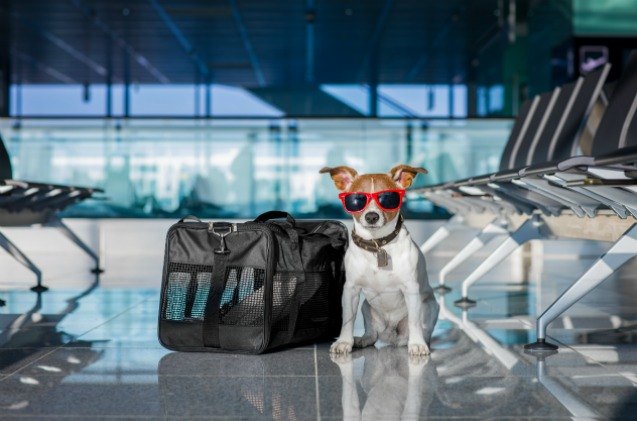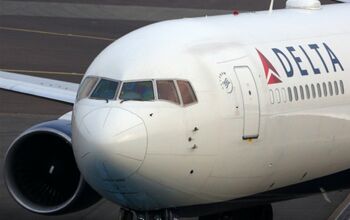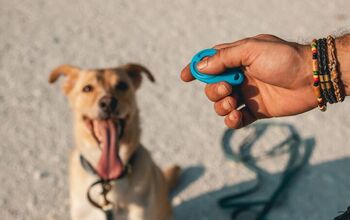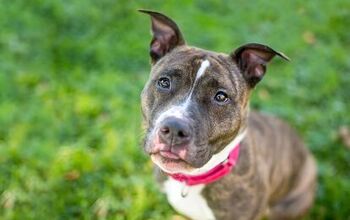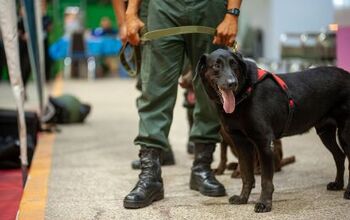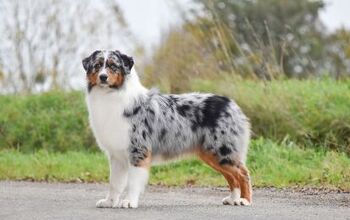Delta Airlines Introduces Stricter Guidelines for In-Flight Service An

More and more animals are taking to the air in the form of service and support animals, and there are growing concerns about the abuse of this opportunity. Many claim that just any animal is a ‘support’ dog these days, and unruly animals ‘posing’ as service dogs may make many flights uncomfortable and inconvenient for travelers.
Related: Legal Limbo of Emotional Support Animals Threatened by Frauds
Now, Delta Air Lines has stated that as of March 1, they will require the owners of service and support dogs to show proof of their dog’s health and/or vaccinations at least 48 hours before the flight departs. More, those who have service animals that support psychiatric conditions will be required to sign statements saying that their dogs can behave. While they will not be required to show actual documentation about obedience training or the like, the owners will be held responsible for the behaviors of their pets.
Delta’s concerned about the number of customers complaining about animals who bite or are not potty trained, and says the number of complaints about such issues has nearly doubled in the last two years.
If customers are paying the extra fee for pets ($125 each way for small pets that fit under a seat), the new requirements will not apply, but for those claiming any type of animal (including pigs) as a service/support animal, the guidelines will start March 1. Many disabled customers who have trained service animals are of the belief that some people are just looking to avoid that fee, and are abusing the service dog opportunity.
More and more, though ‘comfort animals’ are traveling partners, particularly for those including veterans who suffer from Post Traumatic Stress Disorder, and they say that they need their animals to fly.
In June, a 70-pound ‘support’ dog bit another passenger several times (in the face) and the victim was hospitalized. John Laughter is the airline’s senior vice president of safety and security and she says that Delta is looking to balance the need for legitimate needs of customers and safety. He says that there the rules in place to screen animals for behavior and health are simply not sufficient currently.
Sara Nelson is the president of a large flight attendants’ union and she gives Delta props for the move. Saying that passengers who abuse the policy put those who really need support animals at risk, she believes that this will help increase safety for all.
Related: Stricter Rules For Flying With Pets on the Horizon
The new rules are focusing on service animals (with specific training to help disabled passengers) and support (emotional) animals, who currently require no training. Both types of animals fly for free and are not required to be in a cage during the flight, but many believe this to be a danger when the plane is full and there is an emergency, particularly if not all animals are legitimately needed.
Airlines do have to allow support animals in the cabin, but they are also able to require the pet owners to have a letter from a doctor or other clinician that supports the claim that the animal is needed. Those letters will be required 48 hours before the flight.
That said, the airlines are concerned that they don’t have a way to verify that the doctors who make these claims are actually qualified to do so, as it’s been suggested that clinicians are willing to sign off on these statements for fees.

More by Lori Ennis



